Impeller
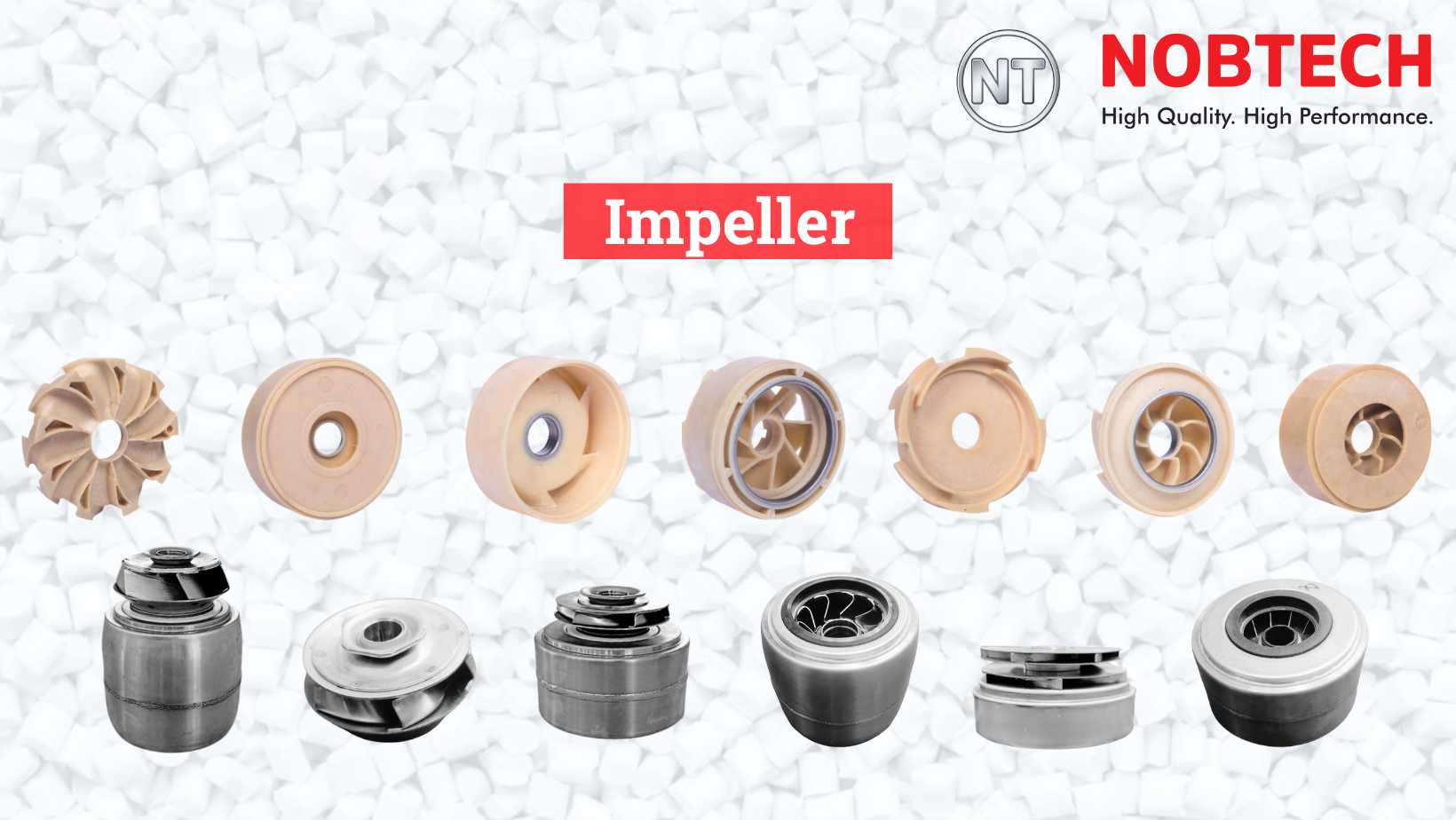
What is an Impeller?
A revolving component with vanes or blades is known as an impeller. It is primarily used in pumps to impart motion to a fluid, typically a liquid or gas. When the impeller rotates, it creates a centrifugal force that drives the fluid outwards, facilitating its movement through the pump or compressor.
Types of Impellers
Impellers can be broadly categorized based on their design and the kind of flow they produce:
- Open Impellers: These have vanes that are attached to a central hub and mounted directly onto a shaft. They are used in situations where frequent cleaning is required due to the presence of impurities in the fluid.
- Semi-open/Closed Impellers: These have a back and front shroud, providing more strength to the impeller. They are used in clear liquid applications.
- Axial Flow Impellers: These move the fluid parallel to the impeller shaft. They are commonly used in high-flow, low-head applications.
- Radial Flow Impellers: These move the fluid perpendicular to the impeller shaft. They are suitable for low-flow, high-head applications.
Applications of Impellers
Impellers find their use in a myriad of industries and applications:
- Water Treatment Plants: Impellers play a crucial role in the aeration tanks where they help in the mixing and oxygenation of wastewater.
- Chemical Industry: They are used in reactors to ensure proper mixing of chemicals, ensuring uniformity and preventing sedimentation.
- Oil and Gas Industry: Impellers are used in various processes, from refining to transportation of crude oil.
- HVAC Systems: In heating, ventilation, and air conditioning systems, impellers help in circulating the air or coolant.
- Marine Industry: Impellers are used in boat engines to pump water for cooling purposes.
Factors to Consider When Choosing an Impeller
- Material: Depending on the application, impellers can be made from various materials like bronze, plastic, stainless steel, or cast iron. The choice of material depends on the type of fluid being pumped and the operating conditions.
- Size and Speed: The size and speed of the impeller determine the flow rate and head of the pump. It’s essential to choose the right size and speed for the specific application to ensure efficiency.
- Efficiency: The design of the impeller plays a significant role in the overall efficiency of the pump or compressor. An efficient impeller design reduces energy consumption and operational costs.
- Maintenance: Some impellers, especially open ones, require regular maintenance and cleaning. It’s essential to consider the maintenance requirements based on the application.
Conclusion
Impellers, though small in size, play a pivotal role in the functioning of various machines and processes across industries. Their design and functionality ensure that fluids are moved efficiently, making them indispensable in many applications. Whether it’s in water treatment plants, the chemical industry, or marine applications, the impeller stands as a testament to the importance of understanding and leveraging fluid dynamics.
Wrapping Up!
This blog shares a lot about “Impeller”.
To know more about solar pumps in agriculture, visit-slekaind.com/our-products/
To know more about Noryl impellers and diffusers, do visit- https://nobtech.in/products/

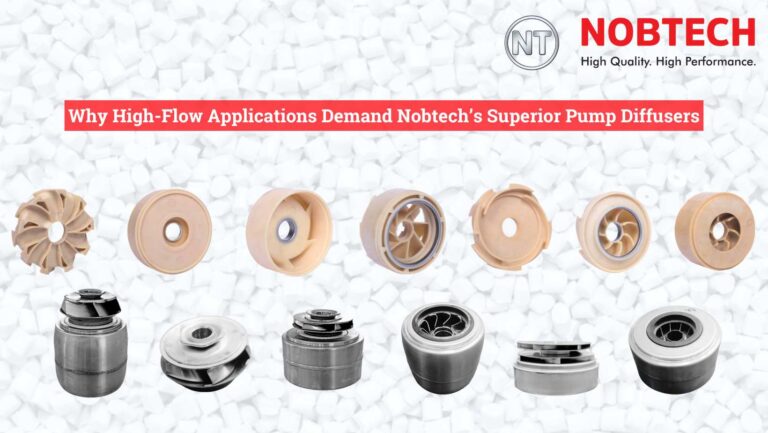
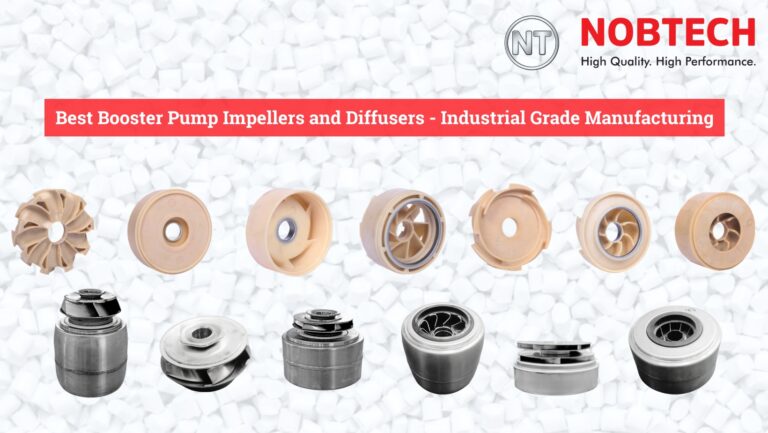
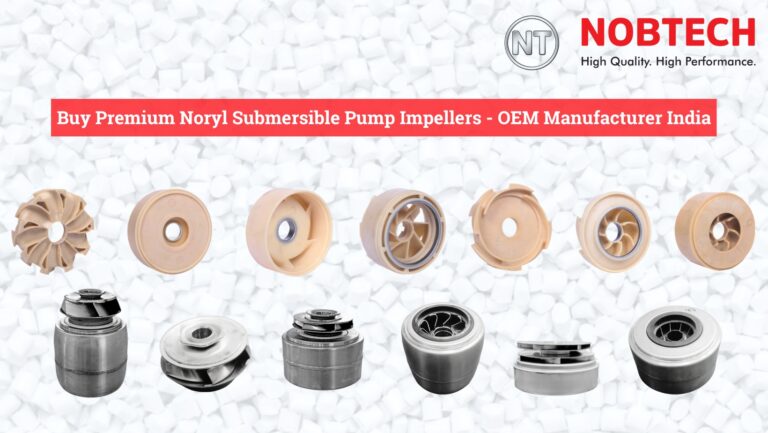
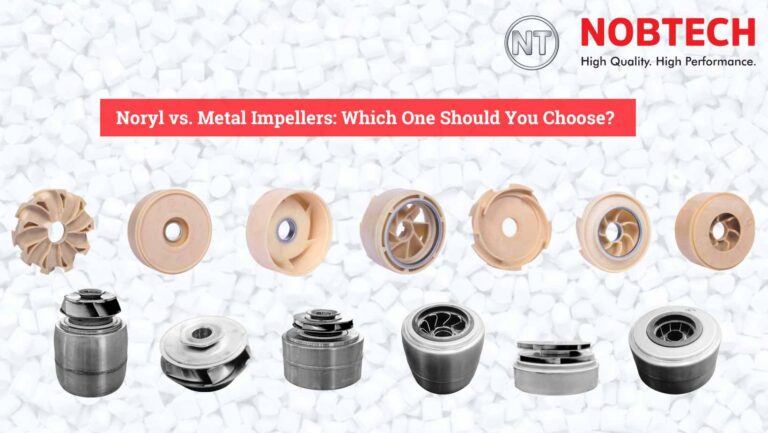

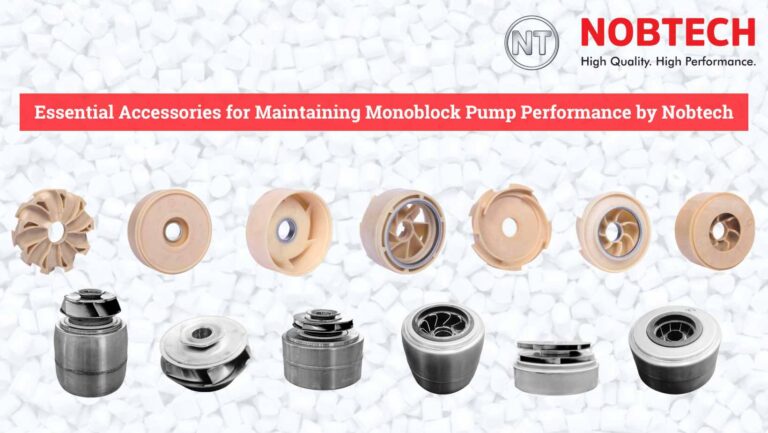
Gunning machine refectory water pump Impeller damage
We need j19,J15,j impeller